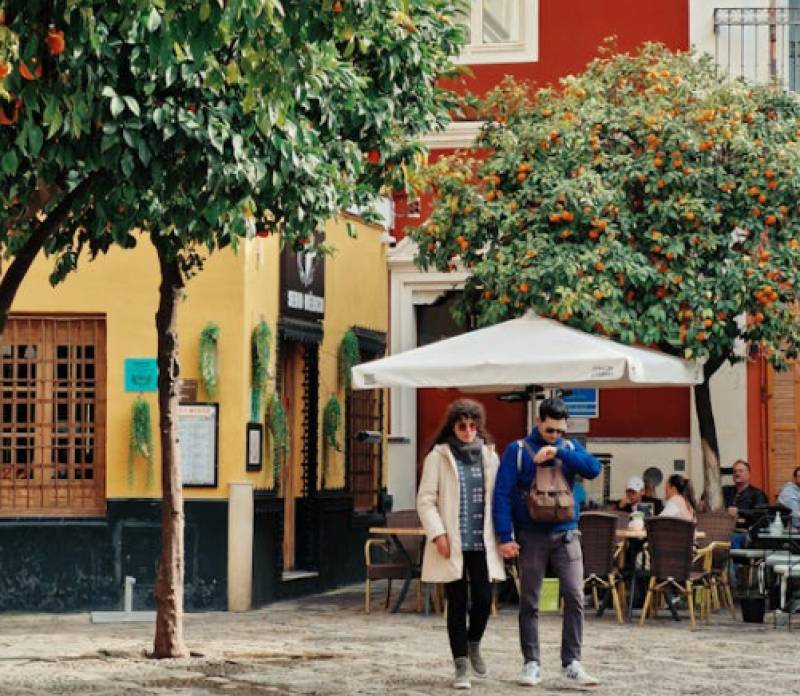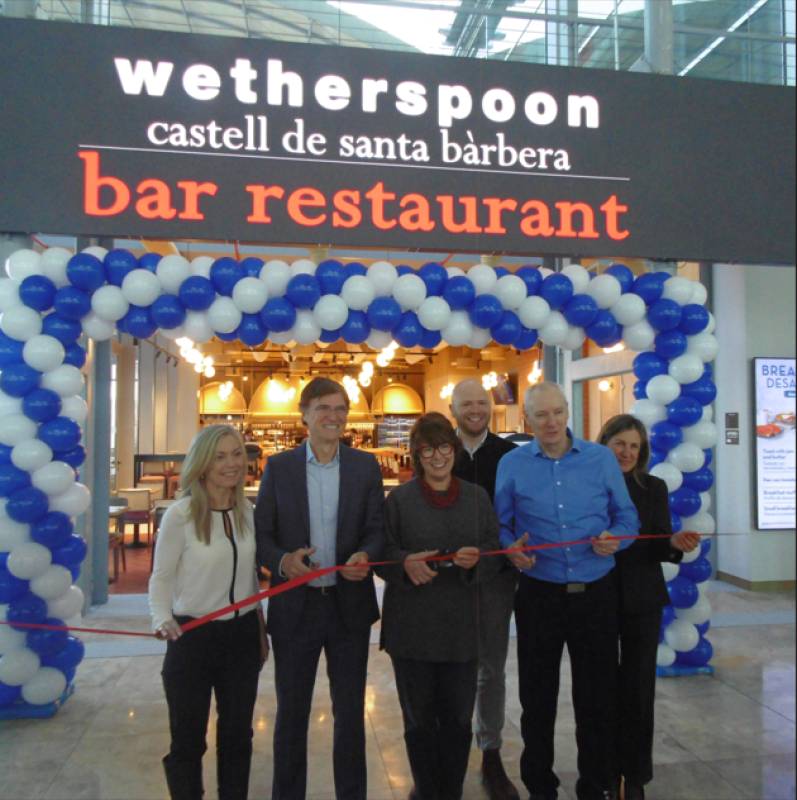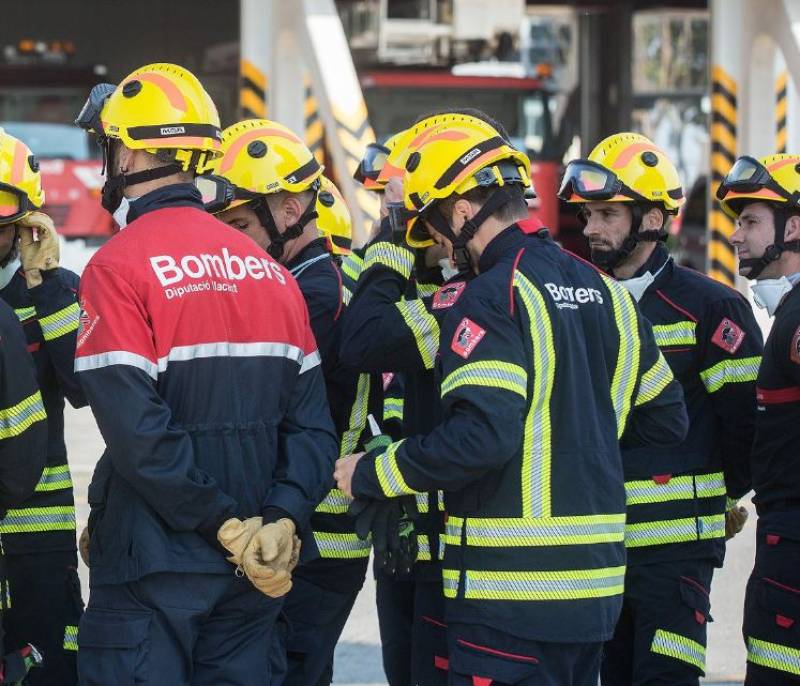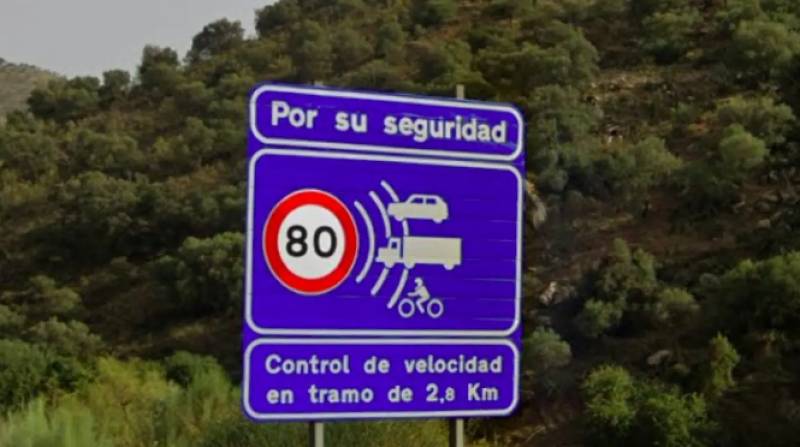

Guidelines for submitting articles to Roda Golf Resort Today
Hello, and thank you for choosing La Torre Today.com to publicise your organisation’s info or event.
Roda Golf Resort Today is a website set up by Murcia Today specifically for residents of the urbanisation in Southwest Murcia, providing news and information on what’s happening in the local area, which is the largest English-speaking expat area in the Region of Murcia.
When submitting text to be included on Roda Golf Resort Today, please abide by the following guidelines so we can upload your article as swiftly as possible:
Send an email to editor@spaintodayonline.com or contact@murciatoday.com
Attach the information in a Word Document or Google Doc
Include all relevant points, including:
Who is the organisation running the event?
Where is it happening?
When?
How much does it cost?
Is it necessary to book beforehand, or can people just show up on the day?
…but try not to exceed 300 words
Also attach a photo to illustrate your article, no more than 100kb

Parroquia de Nuestra Señora de Gracia in Alicante City
The original parish church dates back to more than 500 years ago
The Parroquia de Nuestra Señora de Gracia is a parish church located in Plaza de la Montañeta in the city centre of Alicante. After suffering a history of numerous wars the glorious parish church that we see today is a result of the architectural works of Antonio Serrano Elche Peral, who designed and oversaw the reconstruction of the church between 1945 and 1951. Along with other churches in Alicante it is a Jesuit church, run by the Society of Jesus, the male religious congregation of the Catholic Church.
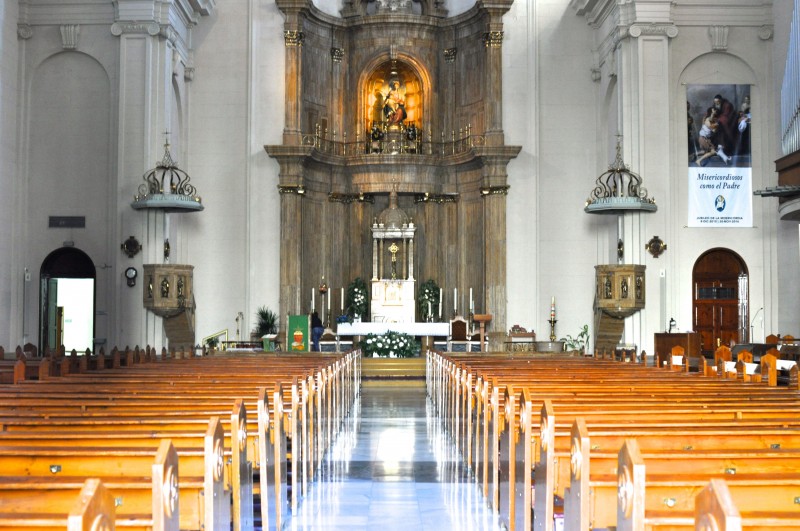
Historically the original Parroquia de Nuestra Señora de Gracia, also known as Iglesia de San Francisco was constructed over the remains of a Franciscan monastery which belonged to the Roman Catholic Diocese of Orihuela-Alicante, during the reign of King Fernando II of Aragon in the 1500s. The monastery was located at the foot of a pre-existing hill named La Montañeta, which was later demolished and replaced by a square to make room for new residential developments.
On 19th November 1800 Pope Pio VII granted the original Parroquia de Nuestra Señora de Gracia with a special status that partnered the church with that of San Juan de Letrán in Rome, giving the church the same conditions and indulgences that worshippers would receive in the basilica in Rome.
However during the 1800s the surrounding area of the church was an extremely poor and rundown neighbourhood called the Arrabal de San Francisco, with over 500 inhabitants living in dirty, humid, and chaotic housing conditions and many women turning to prostitution to provide for their families.
The church was occupied until 1836 when the Franciscans were expelled from the building so that it could be turned into a temporary marine barrack for protection during the Carlist Wars, before it was then reopened for worship in 1859. However like so many other churches in Spain it was later burned and ransacked in 1936 at the beginning of the Spanish Civil War and left in an absolute state of ruin.
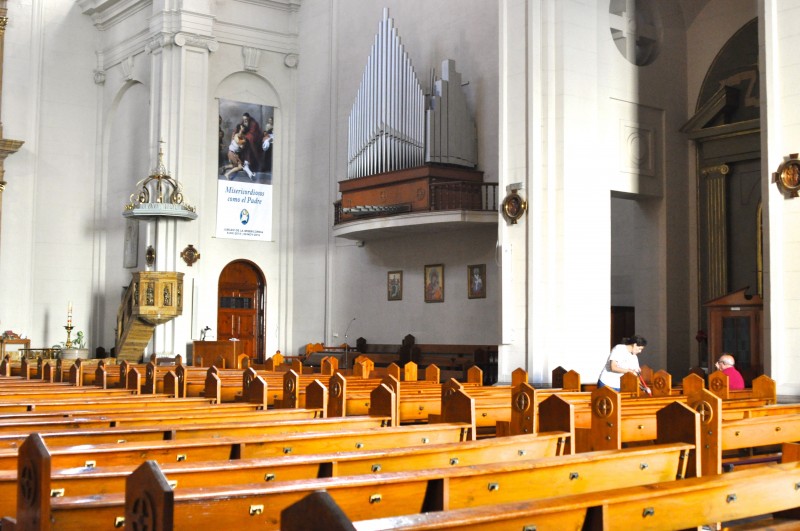
From 1900 the city of Alicante started to develop and the urban population started to grow considerably with the construction of high-rise buildings in the city centre providing hundreds of new blocks of residential flats.The neighbourhoods surrounding the demolished church were also revived and became more and more populated, resulting in a high demand for a parish church to be rebuilt in the area so that the 2000 local inhabitants could have a place to worship.
Following the dismantling of the montañeta hill, subsequent urban plans were carried out to reconstruct the new church in the same area, in the new square called Plaza de la Montañeta, which replaced the original hill. The new Parroquia de Nuestra Señora de Gracia was opened for worship on the 15th December of 1951.
The new parish church is well proportioned and simply decorated, extending 48 metres length and being 16 metres wide. The church has a communion chapel located on the right side of the main entrance and a huge central dome in the middle of the church, designed in a baroque style similar to the architecture of the Concatedral de St Nicholas, with large glass windows allowing bright natural light to enter the church during the day.
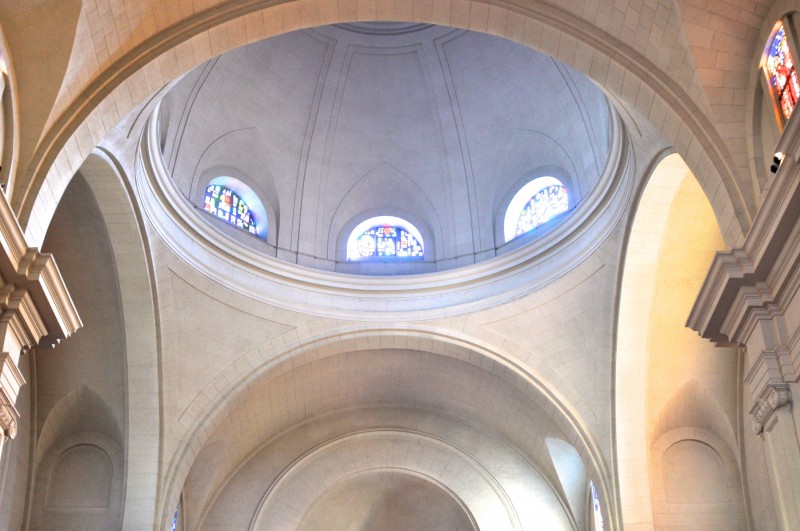
The church has two wide entrance doors bordered by hewn stone, a glorious marble floor, and an octagonal shaped tower that extends 38 metres high. A small organ is located on the wall on the right and on the left is an image with the figure of Jesus on the cross representing the crucifixion. At the front is an altarpiece made from wood, which is beautifully carved and decorated with colourful images of the saint of the Order. In addition there is a sacristy, as well as a number of rooms used for children’s classes and meetings as well as an office for charitable dispensary.
The main church doors open out onto the Plaza de La Montañeta, a modern, attractive plaza with fountains and benches, surrounded by a number of important government buildings, making this area now one of the wealthiest parts of the civic centre. The plaza has its own entrance to an underground carpark and is conveniently close to Alicante's main shopping highstreet, Avenida de Maisonnave.
Winter (1st October to 20th June)
Monday to Friday 09:00, 12:00,18:30 and 20:00
All Saints Eve 19:00, 20:00
Holidays 10:00, 11:30 (families), 12:30, 19:00 and 20:00 (young people)
Summer (1st July to 30th September)
Monday to Friday 09:00, 12:00 and 20:00
All Saints Eve 19:00, 20:00
Holidays 10:00, 11:30, 12:30 (families), 19:00 and 20:00 (young people)
Click here for more information about visiting Alicante City in the dedicated Alicante City section














